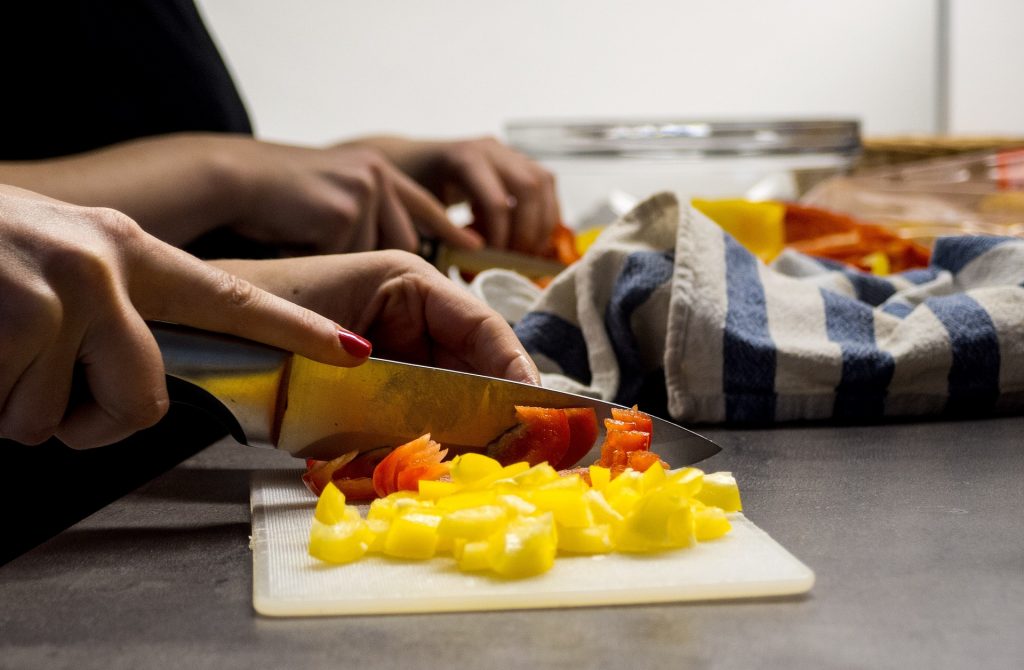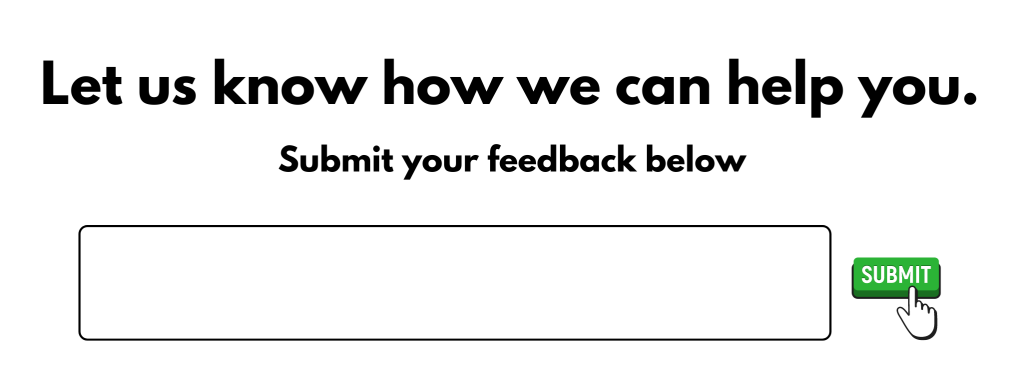5 Steps to Sustain Growth
1. Observe how your customer demographic has changed
The CRO and Head of Marketing for Home Chef notes that their customer base has completely changed since COVID-19 began; now, they’re selling more and more to more vulnerable, older, and empty nesters with disposable income, and who are less likely to risk going to the grocery store.
For these customers, there are obvious and essential changes you can make: big, easy-to-read fonts and clear, concise instructions that come with each food box- don’t make them dig through your website to find the right recipe. And, think about delicious recipes that don’t require a lot of dangerous chopping — or, better yet, as we’ll get into later, do the chopping in advance for them.

Also consider that as of spring 2020, adults ages 25 to 44 are twice as likely to be subscribed to a meal service than other demographics. Plus, millennials and Generation Z were found to make up the largest part of meal-service users, including mostly “students and professionals leading a busy life and focused towards maintaining a healthier lifestyle.”
Millennials, known for their chaotic lifestyles, particularly benefit and will continue to benefit from these time and money-saving meal alternatives. Tellingly, real-estate agent Demeko Taylor reveals that he loves how his no-prep meals work with his “unpredictable work schedule,” allowing him to avoid grocery runs and food waste. Plus, he expects he’ll continue to eat at home, since work is still virtual — and likely will be for some time.
2. Diversification
Even when a pandemic isn’t going on, people don’t want the same food every night. But it also takes a lot of effort to conjure new ideas for meals that will please the whole family. As a meal-prep kit, you’re in the perfect position to do the hard work for them by continuously expanding your recipe options.
The CEO of SunBasket advises food delivery and meal kit companies to offer foods for different dining occasions – breakfast, lunch, and snacks are great options. Daily Harvest, for instance, adds to its lunch and dinner offerings an entire section called “bites,” where customers can select easy-to-eat energy bits in four different flavors. Oh, and they also offer ice-cream. Jump on board to offer all meals, just like Hungryroot did in 2017, and you’ll stand out – because most meal kit services provide dinner only still.
The SunBasket CEO also adds, “[m]uch the same way in-person restaurants offer various taste preferences such as Thai, Mexican, or Italian, and speed choices like full-service fancy, fast casual, and fast food, Sun Basket and other meal kit companies should diversify.” Even if your company has always prided itself on a certain cuisine, don’t be afraid to spice things up – literally.

And don’t forget the continuing millennial trend to try out niche diets. Blue Apron partnered with Weight Watchers in 2019, and many, many meal-prep companies have recently followed suit, offering keto, paleo, or vegetarian meal plans. There’s a chance you’re already doing this– well, keep it up, because we don’t expect this demand to go away any time soon. In fact, marketing strategy company Linchpin’s very recent report on 2021 trends shaping the meal kit industry found that “over the course of the next year, we can bank on more meal kit services specializing in niche diets.”
3. Maximizing Convenience
A 2018 survey found that 43% of respondents cited “convenience” as the main advantage of online meal kit delivery services. With the pandemic continuing to limit grocery store trips and lingering indoor dining mandates, it’s safe to say that convenience is even more important for consumers.
There’s always more you could be doing to shorten the prep and cooking time for your customers. A meal-prep service based in Evanston, IL, attributes much of its success to the work they do in advance to make their customers’ lives easier. They’ll dice the onions, prepare the ginger soy aioli, and more — clearly committed to making prep-time as low-maintenance and quick as possible.

Or take healthy meal-prep service Green Chef- they pre-measure all their ingredients and include pre-made sauces, marinades, and spice blends, while still giving customers the creative freedom to cook their own meals. It’s all about that sweet spot: emphasizing convenience and empowering your customers to refine their cooking skills.
The demand for convenience, in some ways, is uniquely millennial. Sun Basket made note of their younger population’s demand for Oven-Ready meals, where meals can be cooked in an oven for microwave in as little as 6 minutes. Don’t forget to secure microwave-friendly packaging!
4. Transparency
You can do as much research as you want into your customers’ habits and preferences, but nothing is as reliable or worthwhile as taking the time to ask your customers directly for feedback. As SunBasket’s CEO reflects, “[i]n times of rapid change, it is imperative that businesses listen to their customers and ask ‘How can we help you?’ and ‘What other services and offerings can we provide for you?’”
It never, ever hurts to ask. At the end of every email or text, you should be flat-out asking: what can we do to make your lives easier? And, you should make it as easy as possible for your customers to immediately submit their feedback and requests. Consider online feedback forums, but also pre-made review cards for your older customers to fill out and mail back to you.

5. Marketing
You can make as many incredible updates to your meal-prep company as you want, but without stellar marketing, you’re unlikely to see any results. Gone are the days of handing out flyers or relying on word-of-mouth to get your business out there. As you’ve probably noticed, everything’s gone digital. We’re talking Google and Facebook ads, SEO, SMS and email marketing, and in-depth analytics.
If you don’t amp up your digital marketing efforts as a meap prep company in 2021, you’re sure to fall behind. A recent article noted that the success of HelloFresh, Factor Meals, and other meal prep & delivery companies can be attributed to marketing: a robust online presence, blogs, newsletters, social media, and advertising. The Wall Street Journal also revealed that Sun Basket has been focusing on stronger engagement on text, email and social media to improve retention.
We could go on and on about marketing, and we’re going to do just that – but not right now. Stay tuned in the upcoming days for an entire blog post dedicated to concrete marketing strategies for your meal-prep company, especially in a post-covid world.